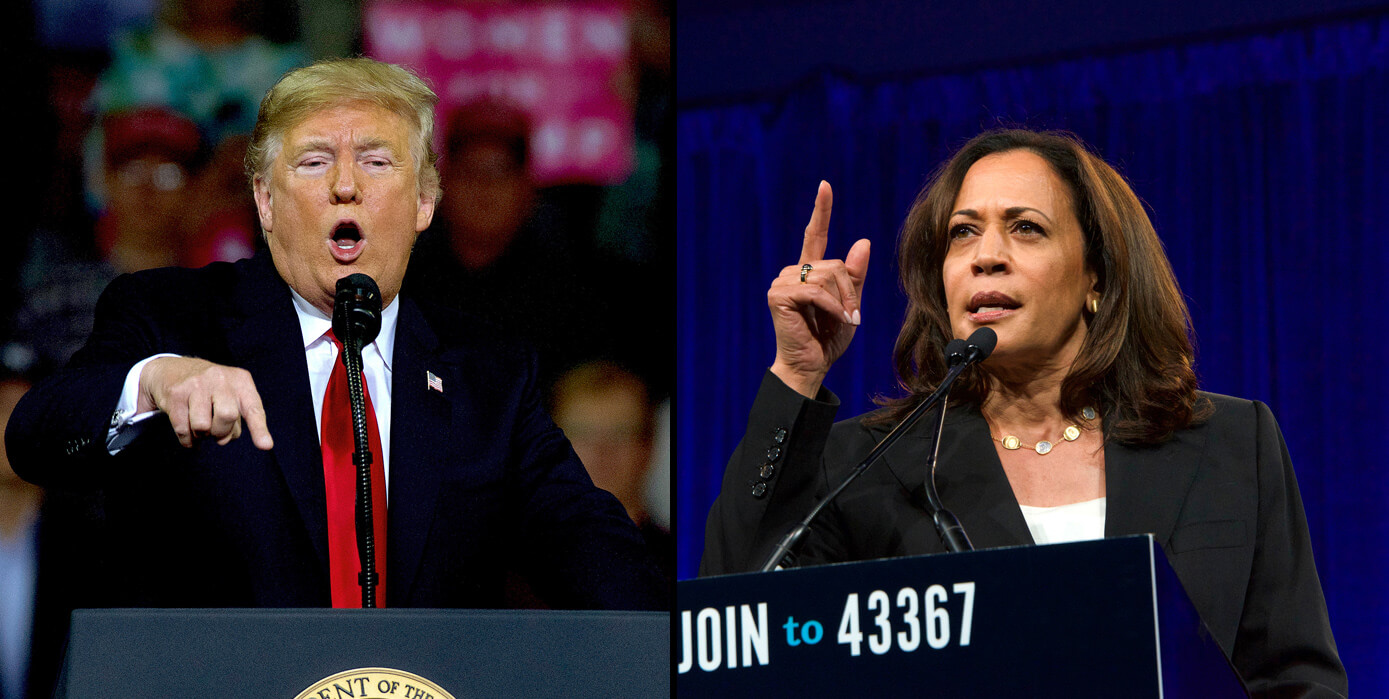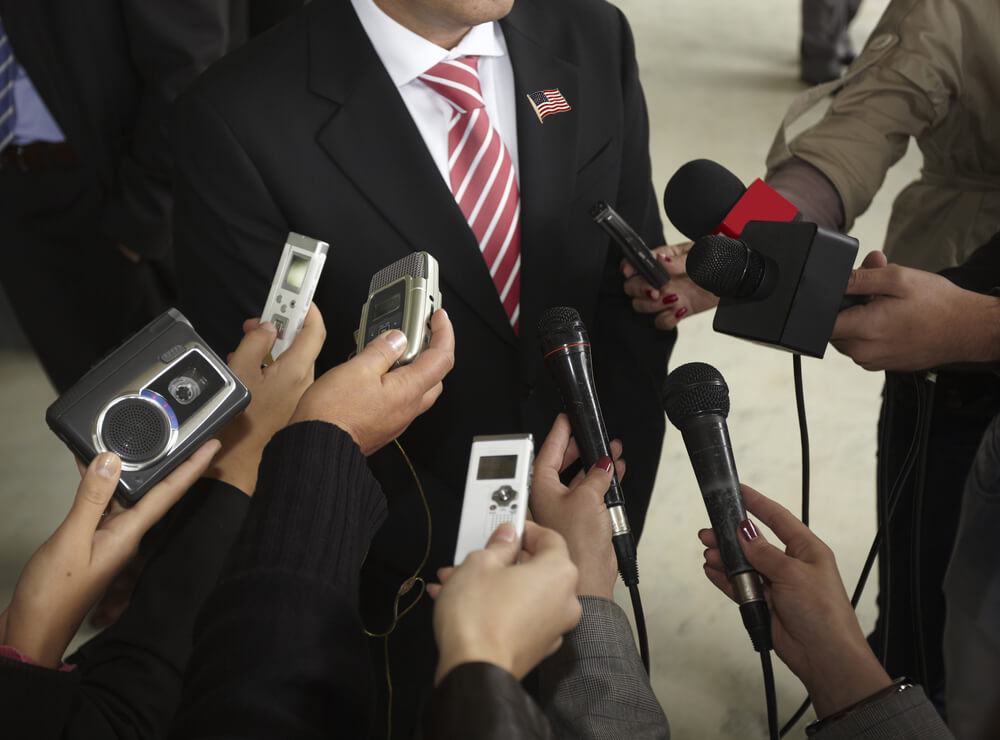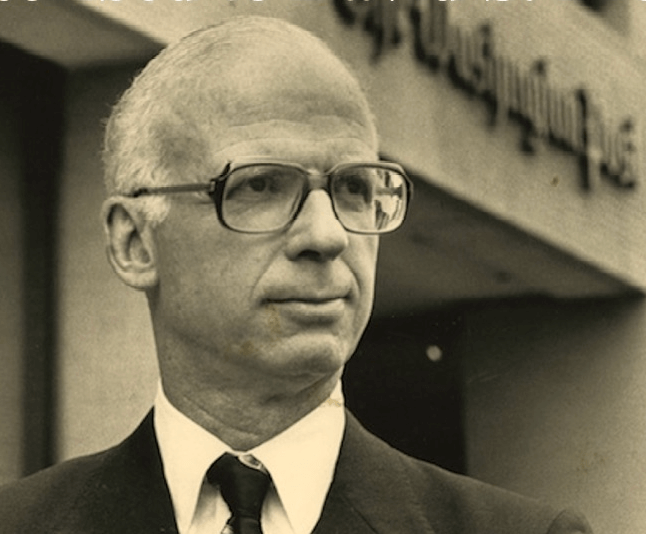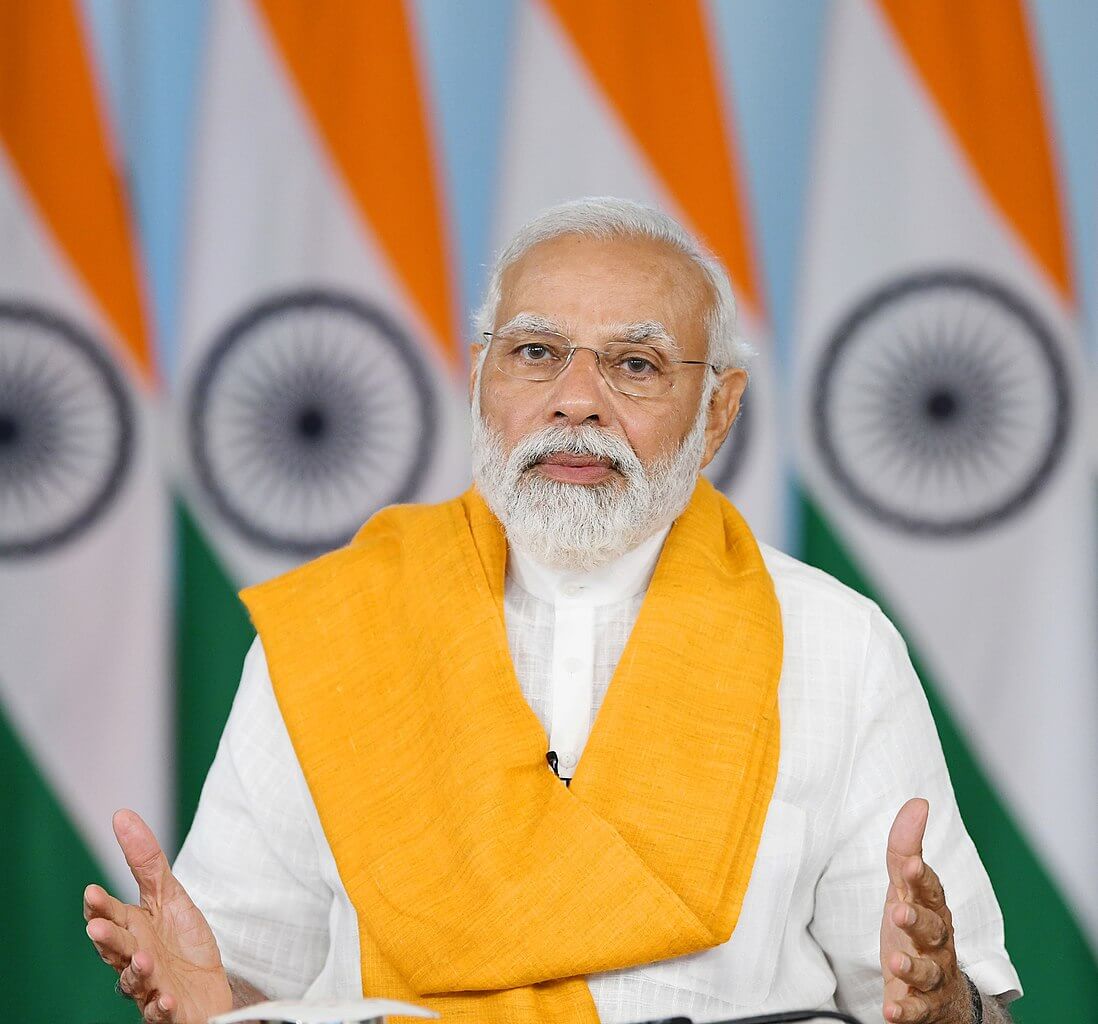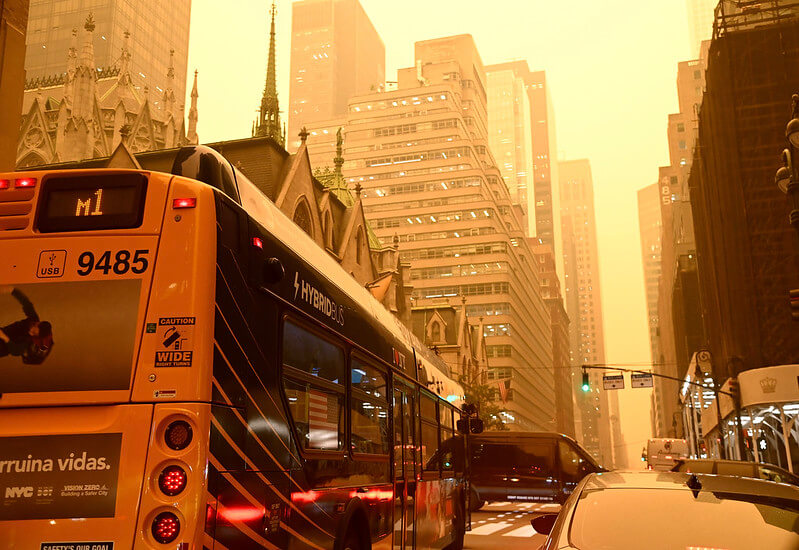Body language is the new political voice in America.
The language is universal and easily learned because it has just four components: eye-rolling, sighing and shrugging, accompanied by turning hands up.
“Oh my God, it’s a disaster,” is one translation. Another might be, “Don’t ask me, I didn’t sign on for this.”
It belongs — this silent expression of despair about the presidential election, unfolding for 2024 — to old-line Republicans and to a wide swath of the Democrats.
Political discussion has ended in these groups, replaced by the kind of fatalism summed up in the words of the Irish poet William Butler Yeats that we are slouching toward Bethlehem.
Of course, as Washington Post columnist George Will says, the inevitable isn’t necessarily inevitable. However, at the moment, it looks as if it is.
The despair is spread pretty evenly among Democrats: President Biden is too old, and Vice President Kamala Harris isn’t up to the job she has, let alone the presidency.
At 80, Biden is showing reduced vigor and limited mobility, and he favors scripted speeches. This from a politician who was famous for nonstop talking.
Over the years, like other reporters, I have often thought, “Joe, you have made your point, now stop.” These days, you wait in vain for him to go off script. His speeches, which he reads from a teleprompter, sound as though they were prepared by a committee — lifeless repetition.
He never holds a press conference, a sign of dwindling confidence.
The real fear in the Democrats isn’t that Biden is too old but that Harris, at some point, may become president. She has proven herself to be woefully inept and incoherent.
Every assignment Biden has handed her on which she could have shown her worth, she has failed or simply not done. Remember, she was Biden’s point person on the border crisis? She hasn’t been heard from as such.
In the spring, she went to Ghana, Tanzania and Zambia to counter the Chinese and chose to make it an occasion to apologize for slavery. I was born and raised there and have travelled extensively on the continent, and slavery isn’t a burning issue. The high point of this visit was Zambia, where her grandfather came from and where she was welcomed.
China has three great appeals to African countries: It asks no questions, doesn’t lecture on human rights, and pays off the ruling elites, trading these indulgences for minerals.
While Biden and Harris may seem a dangerous pair, Donald Trump, twice indicted, twice impeached, now reduced to feeling sorry for himself on a colossal scale, is terrifying. He has promised an administration of vengeance.
Whereas I can’t find any Democrats who are enthusiastic about the Biden-Harris ticket, I certainly can find far-right Republicans who love Trump. Mostly, they are the working-class White voters, who were once the mainstay of the Democratic Party and now believe that the America they know and want to preserve can only be saved by the reprehensible Trump, with his relentless abuse and of all who cross him and endless lachrymose pity for himself.
Trump’s defense of himself is risible, but the faithful Trumpsters believe in him — as much as ever.
They aren’t statistics to me. Recently, my wife and I were eating at a Chinese restaurant in Rhode Island when a couple with a small child took the booth behind us. You might call them the salt of the earth: working people doing their best to raise a family. The husband was complaining loudly about the high cost of living. Then, after seeing Trump on an overhead TV, he said to his wife, “The only honest man is Trump.”
That young father wasn’t alone.
At a neighborhood pub which, in the British sense, is our “local,” the owner and patrons know that both my wife and I are journalists, and because Rhode Island PBS airs our program, “White House Chronicle,” we are treated with deference. But that doesn’t prevent good, hard-working, fellow patrons, mostly of Italian, Irish and Portuguese stock, from lambasting the media within earshot of us. “It’s all lies.” “They hate Trump because he tells the truth.” They say things like that because they believe them. They are the Trump base.
When I hear that stuff, how do I react? Well, I roll my eyes, sigh, shrug my shoulders, and, if no one is looking, I turn my hands up to the heavens.
